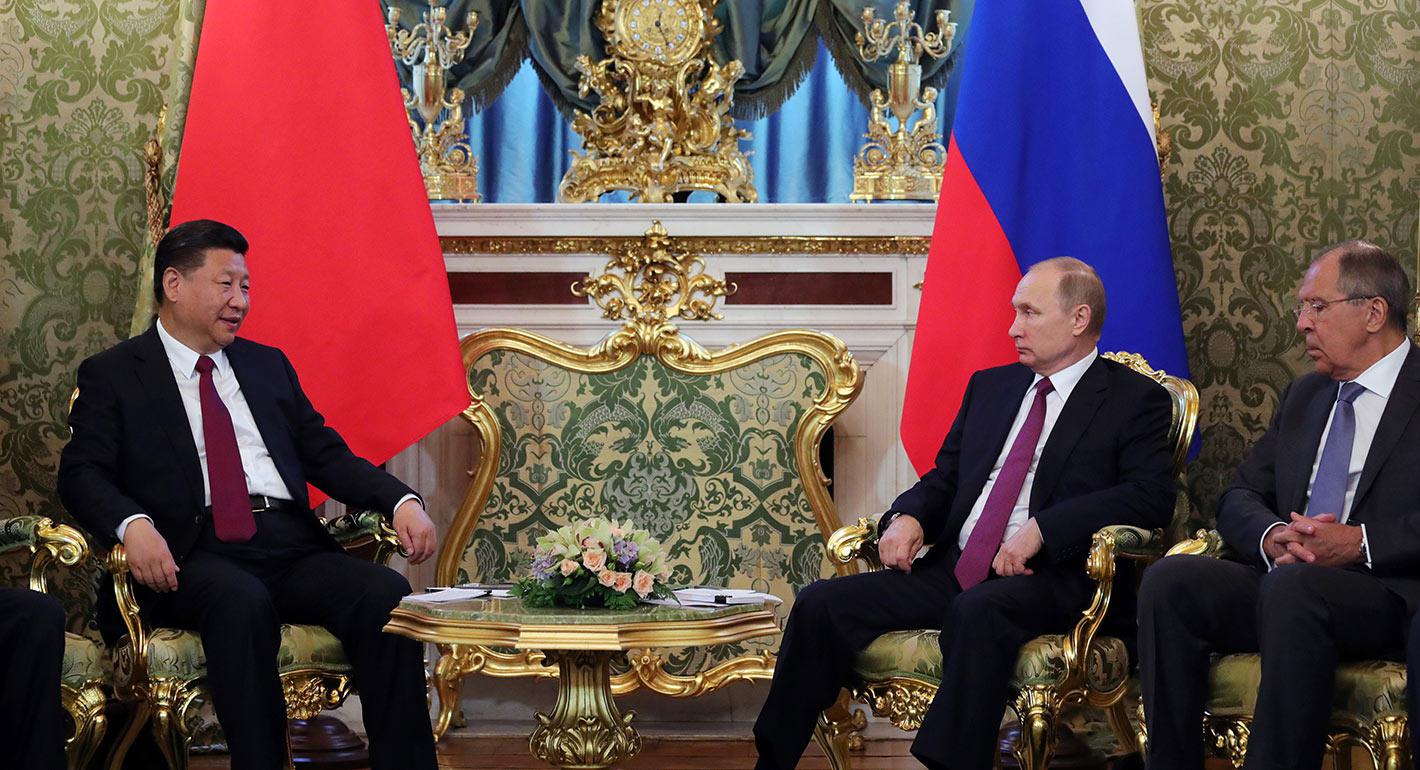Registration
You will receive an email confirming your registration.
The United States’ unipolar moment in the world—if it ever truly existed—is long gone. Instead the United States confronts a rising China and resentful Russia, both determined to check, if not roll back, U.S. influence regionally and globally. The pandemic will reinforce these trends and likely usher in a period of even greater competition and tension.
How should the United States respond to overt and covert challenges from Moscow and Beijing? And how important is growing strategic China-Russia cooperation on economic and security in this equation? Competition and tension seem all but inevitable, pushed forward by the domestic drivers of foreign policy. But are there prospects for détente or even meaningful episodic cooperation between the United States, China, and Russia on the issues that divide them?
Evan A. Feigenbaum
Evan A. Feigenbaum is vice president for studies at the Carnegie Endowment for International Peace, where he oversees research in Washington, Beijing, and New Delhi on a dynamic region encompassing both East Asia and South Asia.
Eugene Rumer
Eugene Rumer, a former national intelligence officer for Russia and Eurasia at the U.S. National Intelligence Council, is a senior fellow and the director of Carnegie’s Russia and Eurasia Program.
Susan Thornton
Susan Thornton is the former acting assistant secretary of state for East Asian and Pacific Affairs and current senior fellow at Yale Law School.
Aaron David Miller
Aaron David Miller is a senior fellow at the Carnegie Endowment for International Peace, focusing on U.S. foreign policy.
